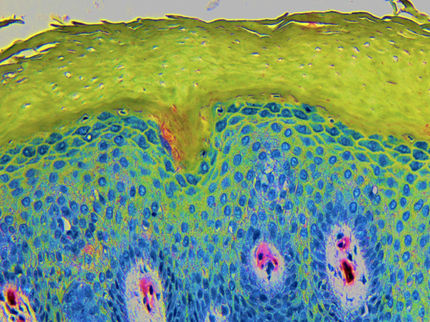Celera and Collaborators Discover a Genetic Marker Associated with Severe Coronary Artery Disease
Carriers of gene variant exhibit an approximate 3-fold increased risk of disease
Advertisement
Celera, an Applera Corporation business, and its collaborators at the Cleveland Clinic, University of California, San Francisco (UCSF), the Scripps Institute, and Queens University, Canada, announced the publication of a paper describing a novel variant of the LPA gene that is associated with an approximate 3-fold increased risk of severe coronary artery disease (CAD). The paper is scheduled to appear in the September 2007 edition of Arteriosclerosis, thrombosis and Vascular Biology. The lead author of the paper was May Luke, Ph.D., Staff Scientist, cardiovascular diseases, at Celera.
Celera and its collaborators evaluated DNA samples from more than 3,000 individuals in three research studies to compare patterns of genetic variation in those with severe CAD to those without the disease. The key finding of the study was that a variant or SNP (single nucleotide polymorphism) in LPA is associated with severe CAD and plasma Lp(a) levels. The new risk variant encodes an amino acid change in the protease-like domain of apolipoprotein(a), which is a protein component of Lp(a). Compared with non-carriers, carriers of the risk variant (about 4% of the study population) had an approximate 3-fold increased risk for severe CAD and had 5-fold higher Lp(a) levels in their blood.
The LPA gene encodes part of the cholesterol-containing Lp(a) particle, and high plasma Lp(a) levels are considered an emerging lipid risk factor for cardiovascular disease. The variability in plasma Lp(a) levels among individuals is largely determined by genetic variations in the LPA gene.
Most read news
Topics
Organizations
Other news from the department science

Get the life science industry in your inbox
By submitting this form you agree that LUMITOS AG will send you the newsletter(s) selected above by email. Your data will not be passed on to third parties. Your data will be stored and processed in accordance with our data protection regulations. LUMITOS may contact you by email for the purpose of advertising or market and opinion surveys. You can revoke your consent at any time without giving reasons to LUMITOS AG, Ernst-Augustin-Str. 2, 12489 Berlin, Germany or by e-mail at revoke@lumitos.com with effect for the future. In addition, each email contains a link to unsubscribe from the corresponding newsletter.
























































